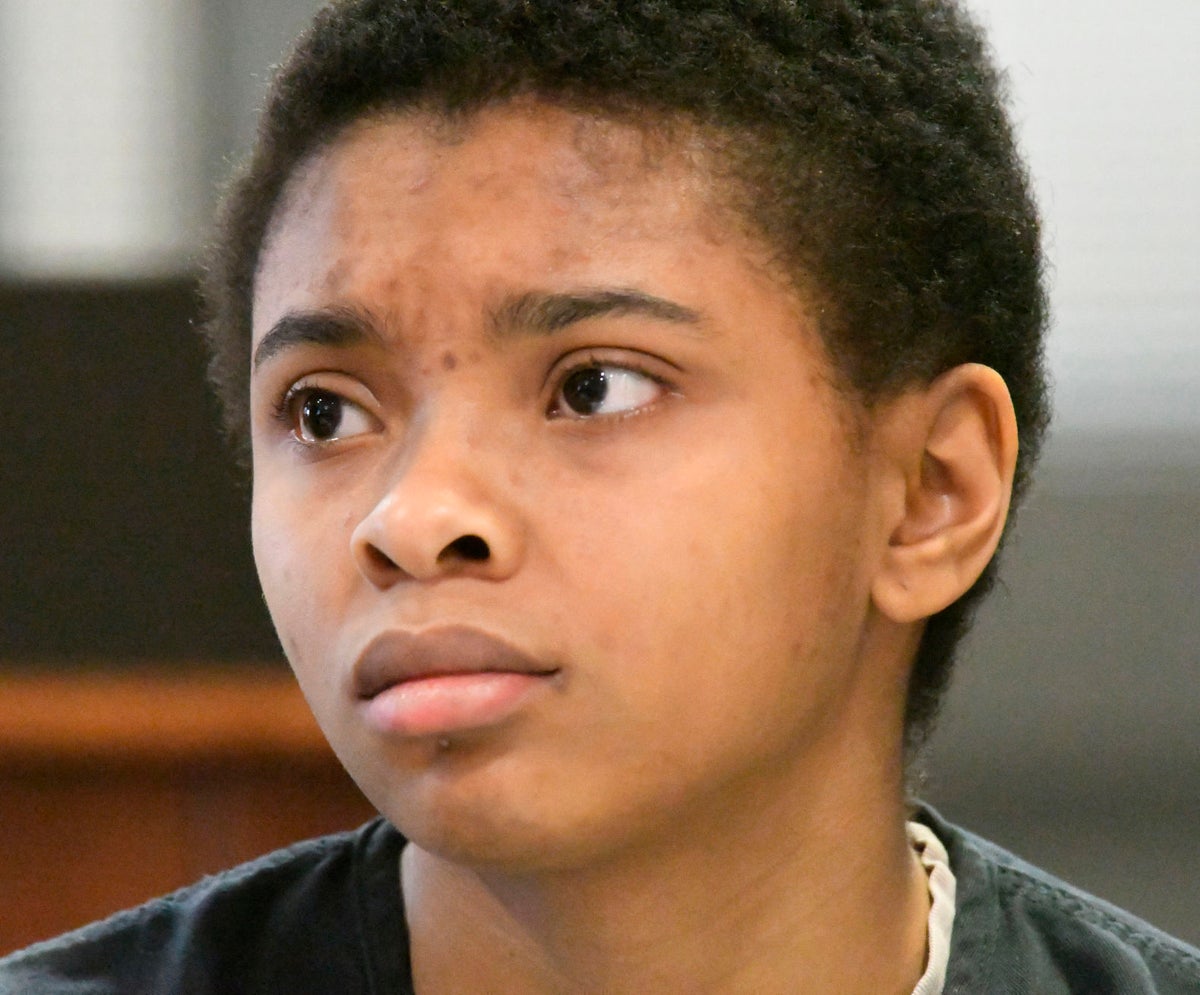
Wisconsin's Supreme Court is set to decide Wednesday whether a sex trafficking victim accused of homicide can argue at trial that she was justified in killing the man who trafficked her, a ruling that could help define the extent of immunity for trafficking victims nationwide.
Prosecutors say Chrystul Kizer traveled to Randall Volar's home in Kenosha in June 2018. She shot him in the head, burned down the house and stole his BMW, according to court documents. She was 17 at the time. She faces multiple charges, including arson and first-degree intentional homicide. That count carries a mandatory life sentence.
Kizer, now 22, contends she met Volar on a sex-trafficking website. She says he sexually assaulted her and sold her to others for sex. She told detectives she shot him after he tried to touch her, according to the criminal complaint.
Her attorneys have argued that she's immune from prosecution under a 2008 state law that absolves sex trafficking victims of any offenses resulting from being trafficked. Nearly 40 states have passed laws that give trafficking victims at least some level of criminal immunity, according to Legal Action of Wisconsin, which provides legal help for low-income people.
They had planned to invoke the immunity law at trial but Kenosha County Circuit Judge David Wilk refused to allow the argument. He ruled that immunity extends only to trafficking-related charges such as restraining someone, extortion, prostitution or slave labor. An appellate court ruled last year, however, that Kizer could argue that the law shields her from prosecution.
State attorneys asked the Supreme Court to reverse that decision, maintaining that the immunity statutes can't possibly extend to homicide. Assistant Attorney General Timothy Barber said during oral arguments in March that Kizer's interpretation would create an unprecedented expansion of the self-defense doctrine, eliminating any questions about whether killing someone was reasonable or necessary.
Kizer's attorney, Katie York, told the justices that the law clearly states trafficking victims enjoy immunity from any offense. A jury should be allowed to consider whether the shooting was so closely connected to trafficking that immunity applies, she said.
The court’s ruling won't decide Kizer's guilt or innocence. And the decision on whether she can argue immunity won't be binding on other states, but it could inform attorney strategies in similar cases. Anti-violence groups have lined up to support Kizer, arguing in briefs to the Supreme Court that trafficking victims often feel trapped and believe they have to take matters into their own hands.
The Associated Press does not typically identify people who say they are sexual assault victims but Kizer discussed her case in an interview from jail with The Washington Post that was published in 2019.







